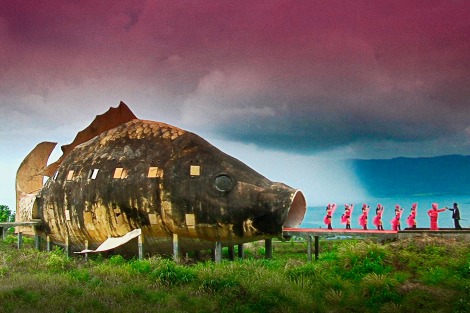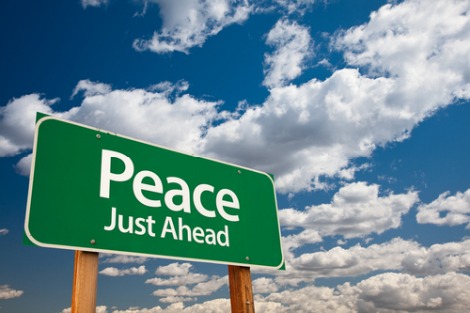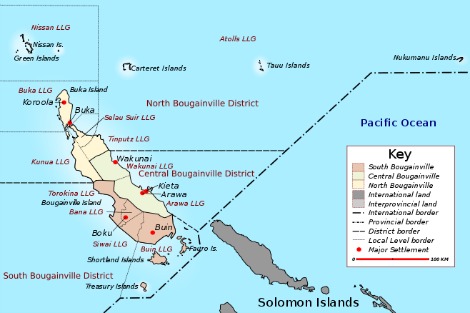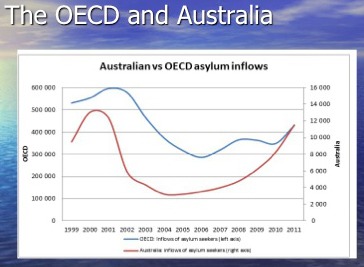Keywords: Morality
There are more than 200 results, only the first 200 are displayed here.
-

AUSTRALIA
- Frank Brennan
- 02 November 2013
7 Comments
'There have been innumerable post-mortems and words of advice as to how the party with new structures, election rules, and policies can pick itself up, dust off, and win the next election. Sadly some of those post-mortems have come with more coatings of spite and loathing. It is no part of my role in the public square as a Catholic priest to offer such advice.' Frank Brennan's address to the Bathurst Panthers Club, 2 November 2013.
READ MORE
-

AUSTRALIA
- Max Atkinson
- 11 October 2013
12 Comments
Since the election there has been much discussion of the idea that, because democracy means respecting the will of the people, elected members have a duty to support the government's 'mandate'. Accordingly, they need not inform themselves and act on their own judgment because the people have spoken. Edmund Burke, the father of conservative political philosophy, would argue that this betrays, rather than serves, constituents.
READ MORE 
-

ARTS AND CULTURE
- Tim Kroenert
- 03 October 2013
3 Comments
In Australia the reality of ongoing Indigenous disadvantage is proof of the effect of past atrocities on the structure of ensuing society. Likewise, despite some democratic progress in recent times, Indonesia's unhealed past remains a source of serious human rights problems. The Act of Killing demonstrates a direct continuum between the evils of the past and the present political reality.
READ MORE 
-

EDUCATION
- Frank Brennan
- 30 September 2013
Full text from Frank Brennan's lecture 'Law teachers as gatekeepers of law, public morality and human rights: Equipping our students for moral argument in a pluralistic legal environment' at the Australian Law Teachers Association Annual Conference 2013.
READ MORE
-

INTERNATIONAL
- Andrew Hamilton
- 19 September 2013
6 Comments
The proposed military action against Syria lacks justification. Even if the cause for it were just, it would be vitiated by the lack of proportion between the limited good secured by it and the increased violence and sectarian division that will surely follow. That the strong should do what they can and the weak suffer what they must is real politik. But it should not be dignified with the name of justice.
READ MORE 
-

AUSTRALIA
- Ellena Savage
- 30 August 2013
6 Comments
The moral questions presented in this election demand rational action, and not responses based on aversion to 'illegal' boat arrivals, gay men kissing or the idea of giving hard earned money to government programs in the form of tax. As long as both major parties are vying for ‘politics of disgust’ votes on the backs of vulnerable people, we can’t expect a better nation.
READ MORE 
-

AUSTRALIA
- Andrew Hamilton
- 22 August 2013
16 Comments
Reflecting on his participation in an SBS TV marriage equality discussion, Ben felt judged and humiliated by many who responded to him. Must determining what is right and wrong for a society be bound up with judging people? Or can we listen to our conversation partners, reach for a language that is shared and leave room for our opinions to be changed? Pope Francis showed the way when he said: ‘If a person is gay and seeks the Lord and has good will, well who am I to judge them?’
READ MORE 
-

AUSTRALIA
- Frank Brennan
- 13 August 2013
1 Comment
'Like many Australians, I had hoped that the dastardly plan announced on 19 July would stop the boats in the short term, as a stop-gap measure. It is dismaying to learn that appropriate consultations had not occurred with Indonesia with the result that the very people who were to receive the shock and awe message are yet to receive it. There’s only one thing worse than shock and awe; that’s shock and awe that doesn’t work because you haven’t done your homework.' 43rd Barry Marshall Memorial Lecture, Trinity College Theological School, 14 August 2013.
READ MORE
-

ARTS AND CULTURE
- Tim Kroenert
- 08 August 2013
1 Comment
'God didn't give me these talents and looks to just sit around being a model or being famous. I want to lead a huge charity organisation. I want to lead a country, for all I know.' In 2008–2009 a group of teenagers stole $3 million of jewellery and clothes from the homes of Paris Hilton, Lindsay Lohan and other Hollywood stars. Coppola portrays this as an outcome of materialism centred on celebrity worship.
READ MORE 
-

RELIGION
- Ailsa Piper
- 07 August 2013
18 Comments
His casual tone didn't seem to fit the words I was translating from Spanish. I questioned him. Eight? Yes, eight. Every night? Every night. Finally I could no longer deny what I was hearing. Decades earlier, my amigo's then eight-year-old brother had been abused by a religious man of the cloth. My amigo was here walking the Camino Mozárabe in memory of that brother, who eventually had committed suicide.
READ MORE 
-

INTERNATIONAL
- Ellena Savage
- 02 August 2013
1 Comment
Even more disturbing than PNG's poverty and gender-based violence is its military and police human rights record. Evidence of abuses in the form of a military blockade, massacres, rape and torture during the Bougainville Crisis of the 1990s are well-documented. The history of this crisis reveals PNG as incapable of caring for its most vulnerable citizens due to systemic corruption.
READ MORE 
-

AUSTRALIA
- Frank Brennan
- 27 June 2013
10 Comments
'I want to outline the contours for a better approach — better than forcibly turning around boats, better than transporting people to Nauru and Manus Island or to Malaysia to join an asylum queue of 100,000 or permitting people to reside in the Australian community but without work rights and with inadequate welfare provision.' Frank Brennan speaks at the Australian Catholic University National Asylum Summit 2013.
READ MORE